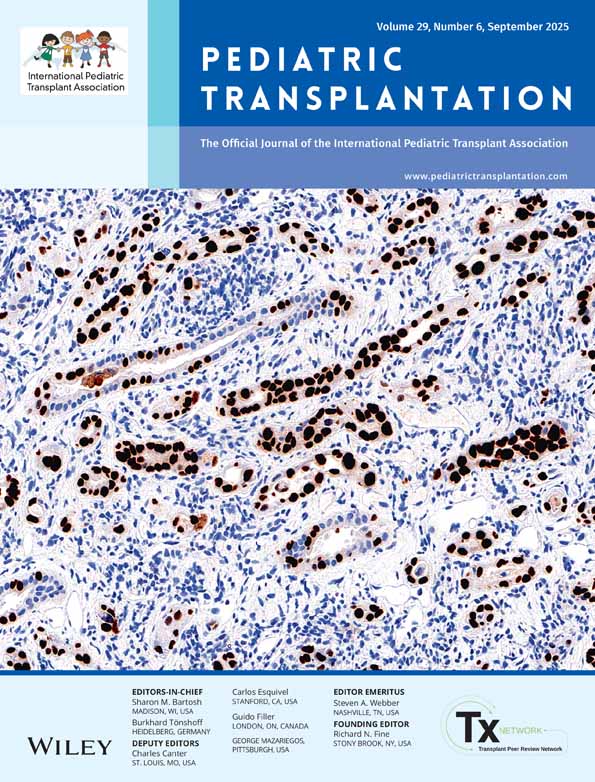Renal transplant nephrectomy in children: Can an aggressive approach be recommended?
Abstract
Abstract: Background: A patient with a failed renal graft is generally approached conservatively, especially when graft failure occurs more than 1 month after transplantation. This approach was the cause of extensive morbidity in our institution and therefore we evaluated the correctness of our approach towards transplanted children.
Patients and methods: Case histories of 182 renal transplants in 145 patients, performed between 1977 and 1999 were reviewed.
Results: A total of 63 renal grafts failed: 19 between 0–1 month (group 1), 22 between 1 month and 1 yr (group 2) and 22 later than 1 yr after transplantation (group 3). Fifty-three grafts (84%) were removed: 100% of group 1, 86% of group 2 and 68% of group 3. The symptoms that indicated the need for graft removal were fever without a clear infection focus (n = 12), abdominal pain in the transplant area (n = 14), macroscopic hematuria (n = 10) and severe hypertension (n = 22). After transplant nephrectomy pain, fever and macroscopic hematuria completely resolved in all and hypertension resolved in 36% of patients. Transplant nephrectomy-associated morbidity was observed in 38% of the patients with 100% recovery.
Conclusion: The clinical outcome confirmed the indications for transplant nephrectomy. Our future approach will be more aggressive: as soon as symptoms such as unexplained fever, local pain or macroscopic hematuria appear, graft removal will be performed without delay.




